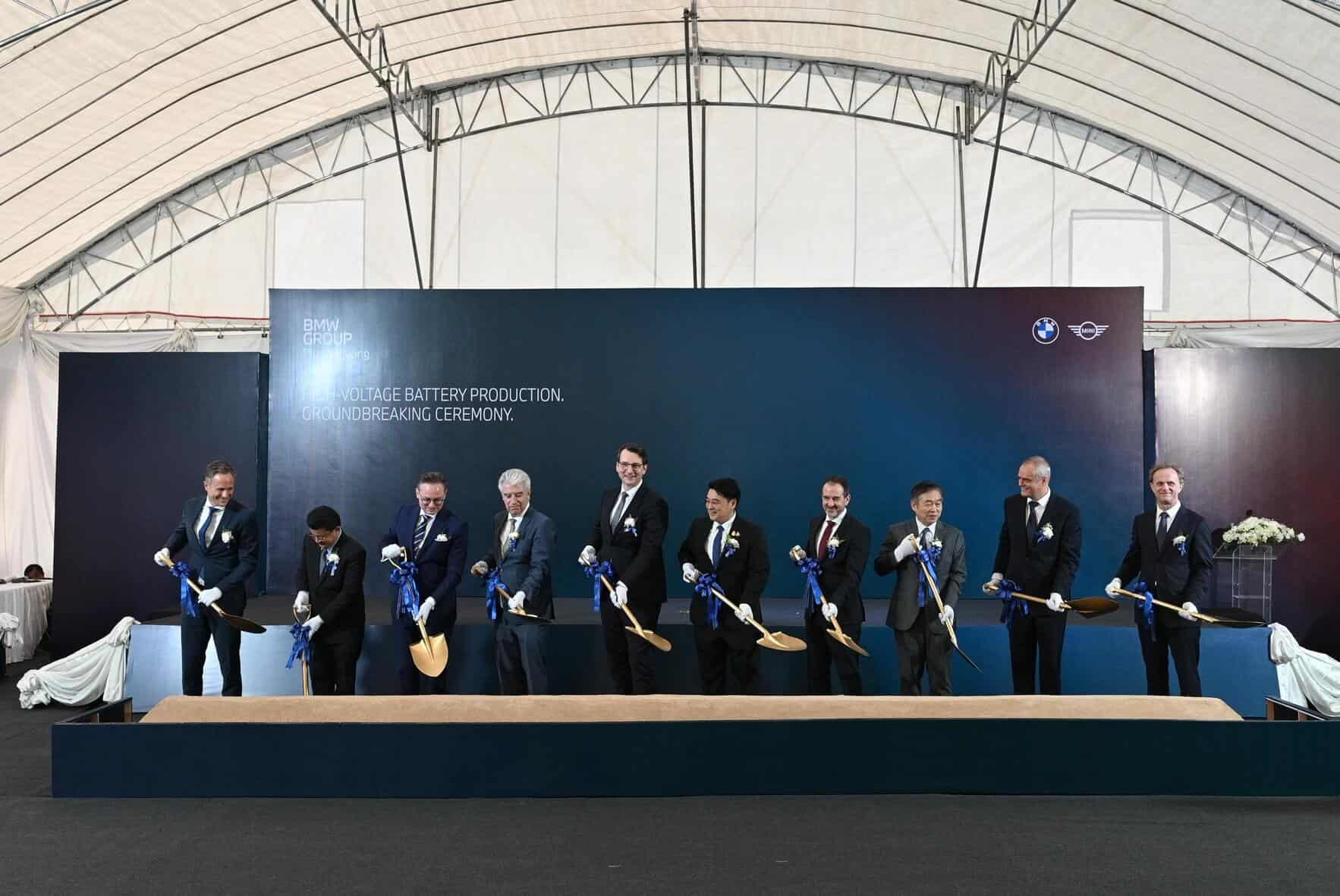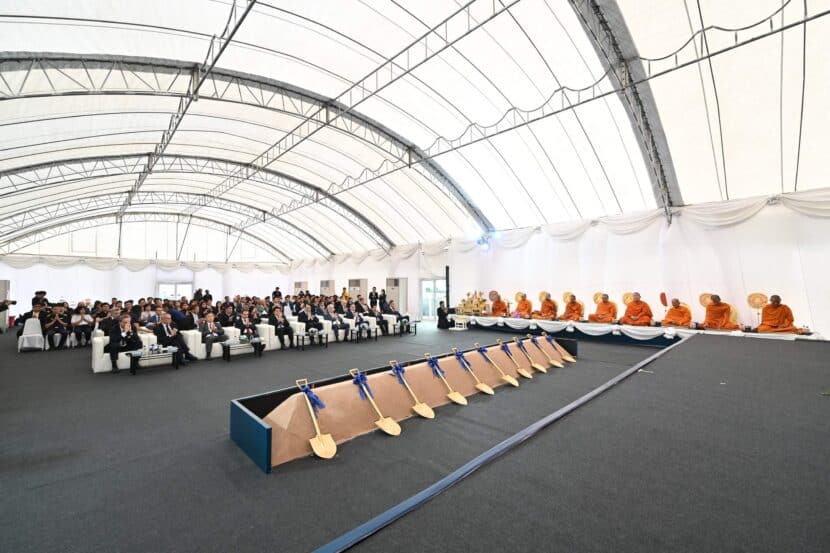
[ad_1]

We don’t get to speak that always concerning the BMW Group Manufacturing Thailand. It operates an meeting plant in Rayong the place varied fashions are being constructed, as small because the 1 Collection compact hatchback and as massive because the flagship 7 Collection fullsize luxurious sedan. It’s been making automobiles since 2000, two years after BMW Group Thailand was based. In 2023, greater than 12,000 automobiles and practically 11,000 bikes have been constructed there.
With the introduction out of the best way, it’s time for some massive information. BMW is asserting a brand new battery meeting plant in Rayong to assist an upcoming electrical automotive scheduled to enter manufacturing in 2025. The power will make modules from imported cells designed for fifth-generation batteries presently utilized by the corporate’s EVs in addition to PHEVs.
Spanning 4,000 sq. meters (43,055 sq. toes), the battery meeting plant will come to life due to an funding of round €42 million, with €36 million going into the tools and programs. Among the funds shall be spent on coaching packages to coach workers about placing collectively battery packs. The workforce already has a few of the needed experience since BMW has been making batteries in Thailand for quite a lot of plug-in hybrid fashions since 2019. The Plant Rayong builds greater than 20 BMWs, MINIs, and BMW Motorrad merchandise not only for Thailand but in addition for different ASEAN (Affiliation of Southeast Asian Nations) areas.
The identification of the EV that can use locally-made batteries has not been disclosed. Nonetheless, since Gen5 batteries have been confirmed, likelihood is it gained’t be a Neue Klasse mannequin since NK-based automobiles will get Gen6 spherical cells. It could solely imply the zero-emission mannequin will both use the FAAR or CLAR platform. Manufacturing of the EV is scheduled to start out within the second half of subsequent 12 months.
Manufacturing an EV in Thailand will assist the BMW Group obtain its objective of creating electrical automobiles account for 25% of complete annual shipments in 2025. In the meantime, EVs are projected to symbolize 20% of all deliveries in 2024.
Supply: BMW
[ad_2]
